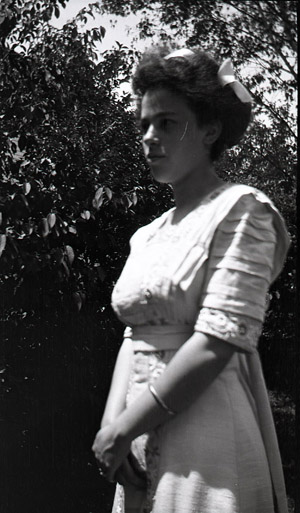Gray Panthers of the Pioneer Valley Records
1979-1994
12 boxes 7 linear feet
Call no.: MS 468
Amherst, Massachusetts, chapter of the national Gray Panther organization that sponsored the weekly Amherst Vigil for Peace and Justice, tackled such issues as fair and affordable housing for people of all ages, nursing home reform, Social Security policy, universal health care, safe-sex, and age discrimination, and also worked to improve the everyday life of senior citizens and the community at large, often collaborating with other local organizations to address world peace, environmental concerns, improved child care, educational opportunities, and handicapped accessibility.
Records include charter, by-laws, histories and mission statements, meeting agendas and minutes, correspondence, financial reports, fund raising materials, membership lists, membership questionnaire, newsletters, press releases, leaflets, clippings, a scrapbook, T-shirts, and program files, that document the founding and activities of the Gray Panthers of the Pioneer Valley.
Subjects
Older people--MassachusettsPeace movements--MassachusettsSocial justice--MassachusettsContributors
Gray Panthers of the Pioneer ValleyHolt, Margaret


